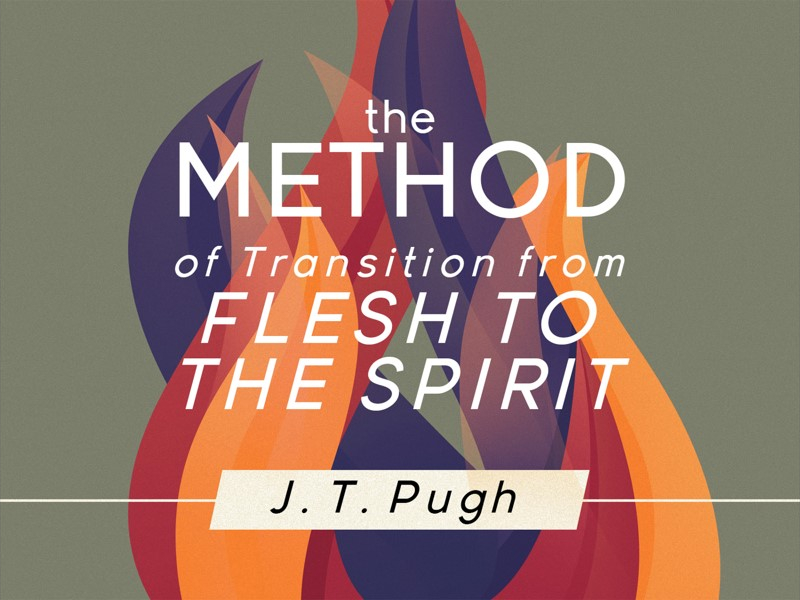So the seeker, in faith, feeling the strong welling up of hope and love within him, responding to this tender presence that has come to him as he honestly and faithfully made the initial approach that I have described, turns his face toward the realm of the Spirit, as one lifts his face to a cool and pleasant wind. In a psychic sense, he suspends himself, as it were, loosing himself from all he is and has been, and floating upward into this wonderful flow of love which Jesus described as the wind.
By J. T. Pugh
To View the Entire Article, Click Here
To Download the Entire Article, Outline, or PowerPoint, Click Here
In the previous chapter we have given thought to making the proper contact with God, preparatory to being filled with the Holy Ghost. We discovered that this contact should be a very trustful, warm, and sincere reaching out, as to a dear friend we know to be right before us. As in this particular trustful and appreciative frame of mind we continue to talk to God, we are made spiritually aware that God has responded and drawn close to us.
The distinctive Spirit of God makes itself known in a very apparent way. It is as real in its feeling as the warmth of a heater on a cold day, the cooling fan when one is too warm, or the caress of sunshine in early spring. There is no mistake. The seeker, by way of tears or the welling up of the fountains of gratitude, will know he has come into the actual presence of God.
Now, supposing the seeker has made this initial contact with the Spirit, we should consider making the transition from the flesh to the Spirit.
Jesus said, “That which is born of the flesh is flesh; and that which is born of the Spirit is spirit.” The implication is that these are two separate and distinct conditions. Between the dimension of the flesh and the dimension of the Spirit there is a great gulf. There is an absolute transition in spirit from one dimension to the other when one is filled with the Holy Ghost. This passage between flesh and Spirit is the point that many are interested in. “How does one receive the Holy Ghost?” is the question we often hear asked. Many are interested in a quick, one-two-three step plan that will get the matter over quickly.
In these days, when much is being said about receiving the tongue-speaking experience, people in various churches and walks of life have become interested in this phenomenon. Is their interest based only on a curiosity in its novelty? For many of them I suspect this. I would repeat what I have already pointed out, that the Holy Ghost is not an abstract, passionless experience. Though it is powerful, it is also personal. No experience can long remain fresh and meaningful unless it has its roots in an appreciation of the experience’s background. This is why we have gone over the ground of redemption, and what it means to believe in the Lord Jesus Christ, as carefully as we have.
Now, as we have already noted, the flesh and the Spirit are two distinct and separate points. It is apparent that if one is to pass over to the realm of the Spirit, he must leave the realm of the flesh. What do we mean by the realm of the flesh? Of course we do not leave our bodies. What then do we mean? It is the realm of earthly, worldly, concepts and reasoning. The judgment of the world on various matters is not the judgment of God at all. “For as the heavens are higher than the earth, so are my ways higher than your ways…” “…For that which is highly esteemed among men is abomination in the sight of God.”
To View the Entire Article, Click Here
To Download the Entire Article, Outline, or PowerPoint, Click Here




